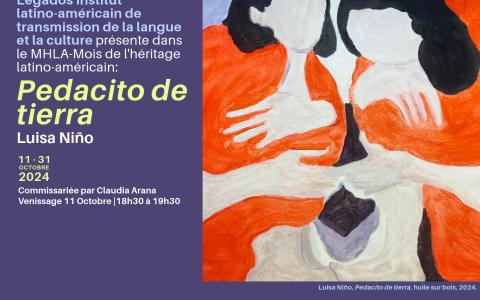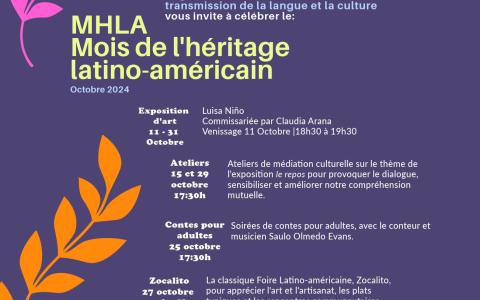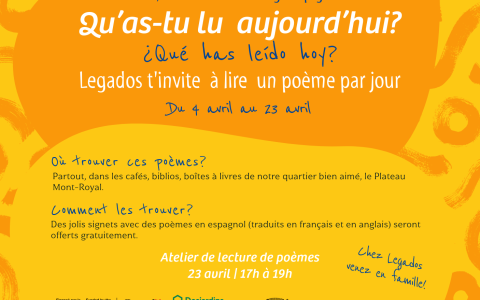Let's keep our languaje alive

This Saturday, December 12, at 2pm, we will have a virtual meeting with specialists from FLACSO Argentina - Latin American Faculty of Social Sciences, pioneers in the research of teaching Spanish as a heritage language, to talk about a topic that is of great interest to us as Spanish-speaking parents living in Canadian territory. The challenges we face to keep our language alive as a family, as a community and as an educational institution from Legacies. With the conviction that we are leaving our descendants perhaps one of the most valuable legacies, our language of origin.
"This language that we bring as Spanish-speaking Latin American immigrants, which differentiates and unites us as a community without making us uniform."
But what is the point of transmitting and preserving this language?
Here, from the heart of our homes, it is the language of the closest or most distant family resonances, but it is the language that one of the parents speaks at home, it is the language that crosses the identity of the children and it is the language with which we can preserve intergenerational links with our families, our countries and our cultures of origin.
Here from life outside the domestic space, the language of inheritance favors the learning of other languages, increases the cognitive development of children, facilitates social integration because people who speak more than one language are more empathetic towards themselves and their environment.
We invite you to participate in this meeting in which we will share testimonies and talk about these and other topics that may be important to you and / or worry at home today.
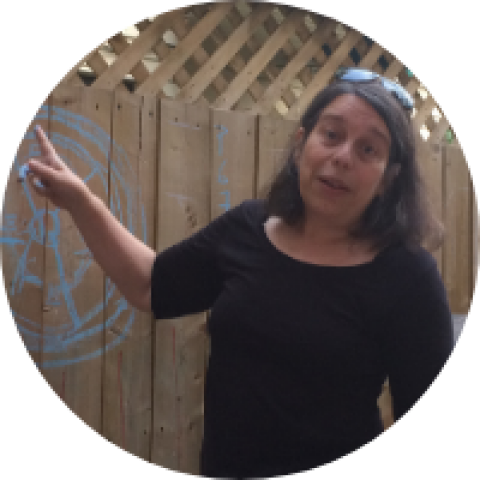
Teacher and Bachelor of Arts from the University of Buenos Aires and Master in Teacher Training in Spanish as a Foreign Language (ELE) from the University of Barcelona. She has worked as Academic Coordinator of Spanish at the Language Laboratory of the University of Buenos Aires and has developed tasks as a teacher, evaluator, trainer, trainer of trainers and curriculum manager in the area of Spanish as a mother tongue and foreign language in different local universities (National University of La Plata, National University of Quilmes, University of San Andrés, University of Belgrano).
She has carried out numerous projects for the development of teaching materials and participated in the design of curricular plans for multi- and monolingual groups and specific objectives, including projects for migrant and refugee populations.
She has also provided international technical assistance in English-speaking Caribbean countries under an agreement with the Ministry of Foreign Affairs. She is currently running a technical assistance project on Spanish as a heritage language in Montreal with Legados.
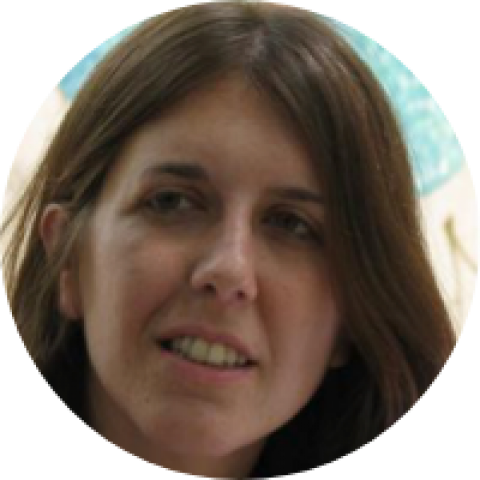
Graduate and Higher Education Teacher of Letters from the Faculty of Philosophy and Letters of the University of Buenos Aires. She obtained the Diploma of Training in Teaching Spanish as a Second and Foreign Language (FFyL - UBA). She is currently studying for a Master's Degree in Writing and Literacy at the National University of La Plata.
Since the creation of ADELA (Latin American Studies Area), she has been part of the research and teaching team at FLACSO. She is currently tutoring students of the Higher Diploma in Spanish Language Teaching and Management.
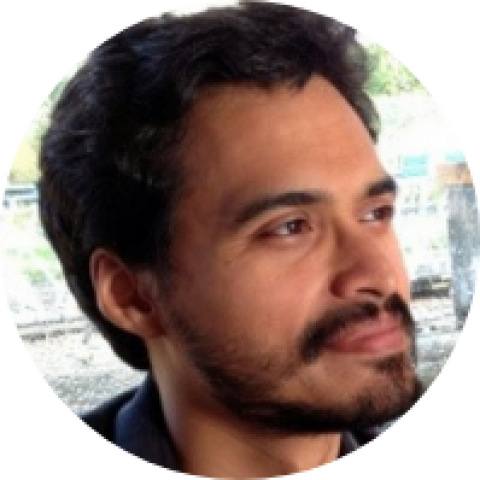
Graduate in Hispanic Studies from the University of Lyon (France). He studied Philosophy and Literature at the University of Buenos Aires and Narrative Writing at Casa de Letras (Buenos Aires). She specialised in teaching Spanish to foreigners by completing a Higher Diploma in Spanish teaching and management at FLACSO. He currently works in a Spanish language school in Buenos Aires where, in addition to teaching, he is a tutor in an ELE teacher training course. As the father of two French-Argentinian children, his daily life is full of problems related to the heritage language.
